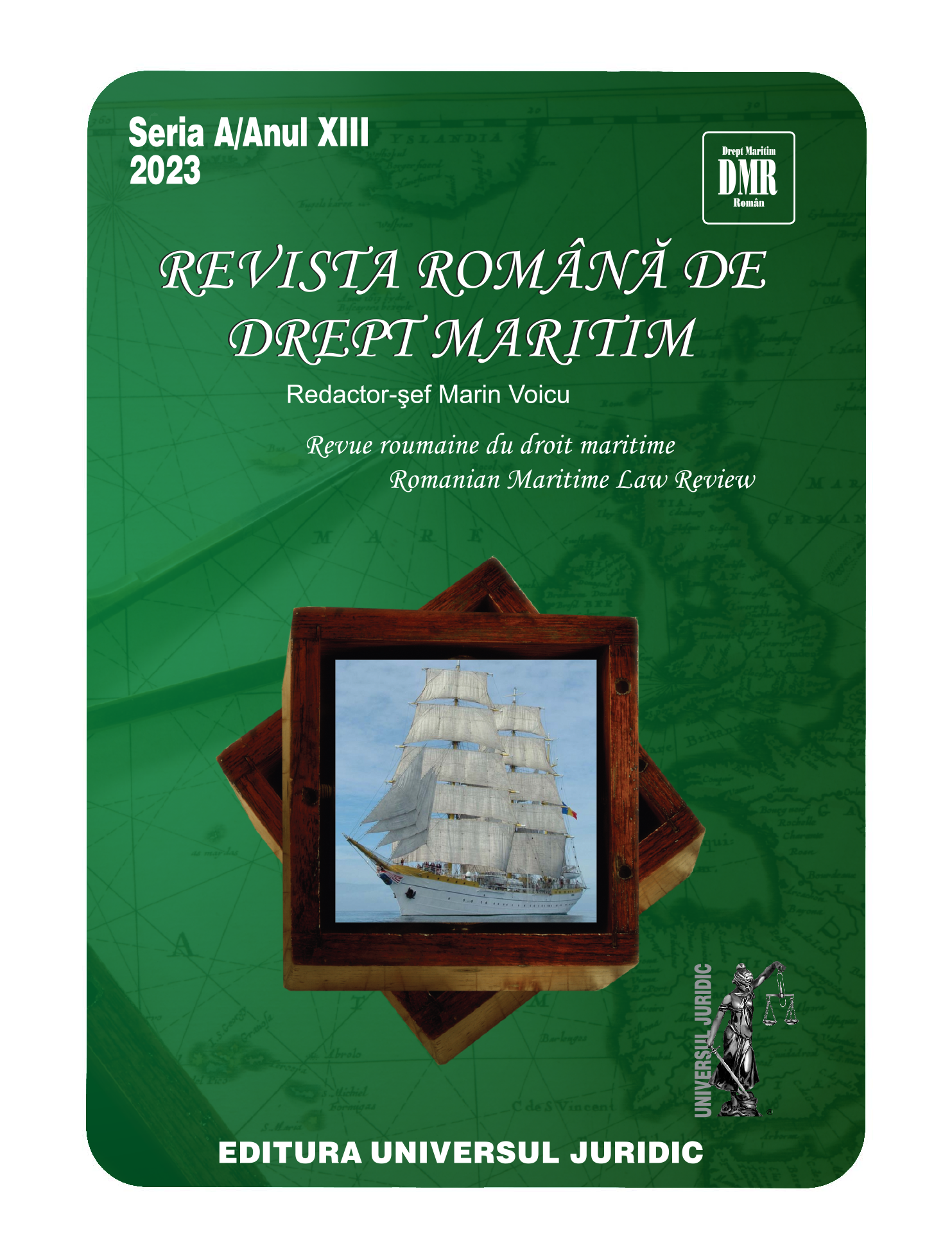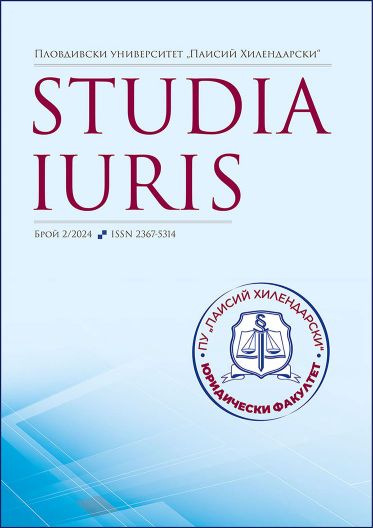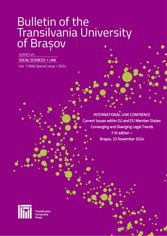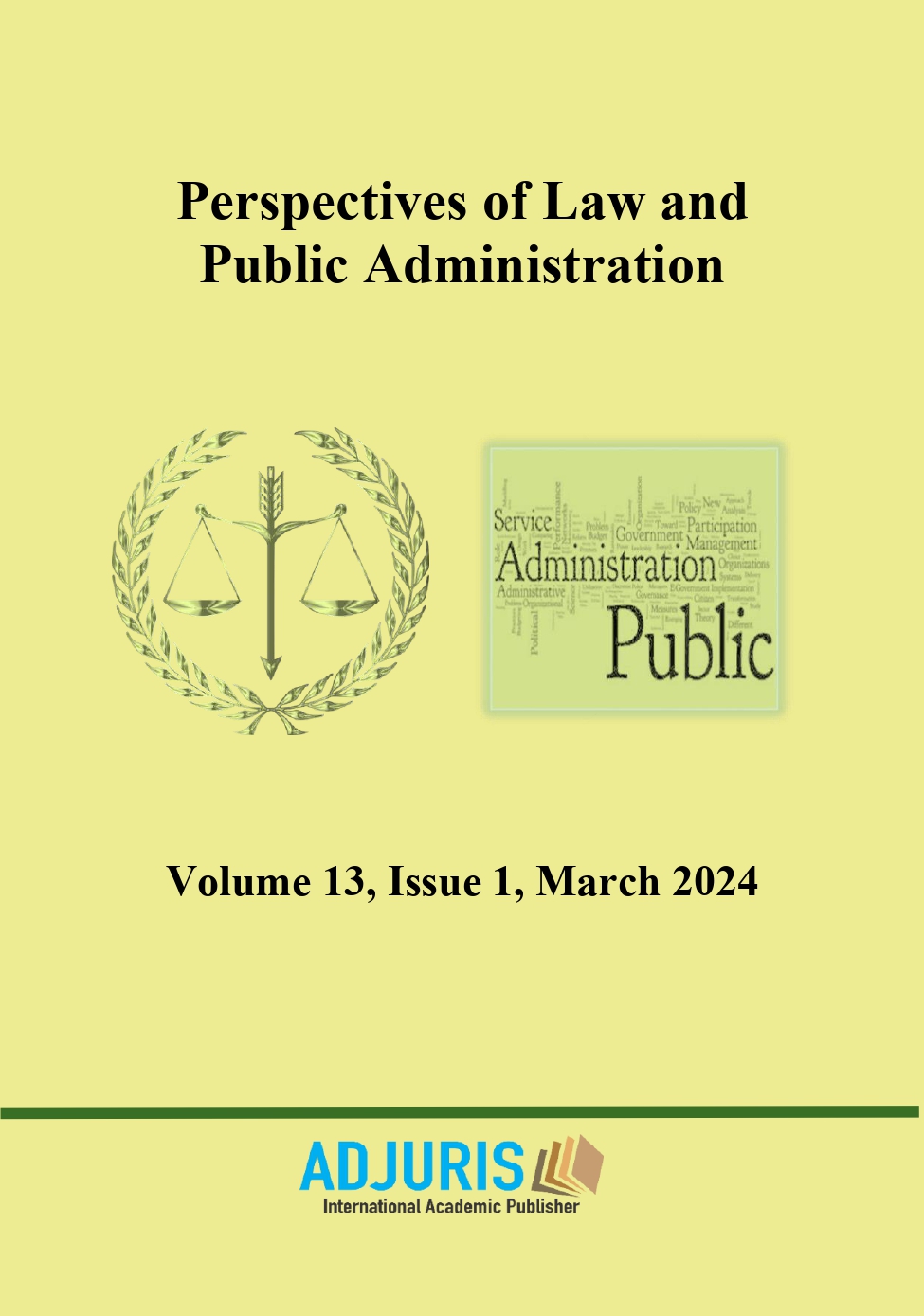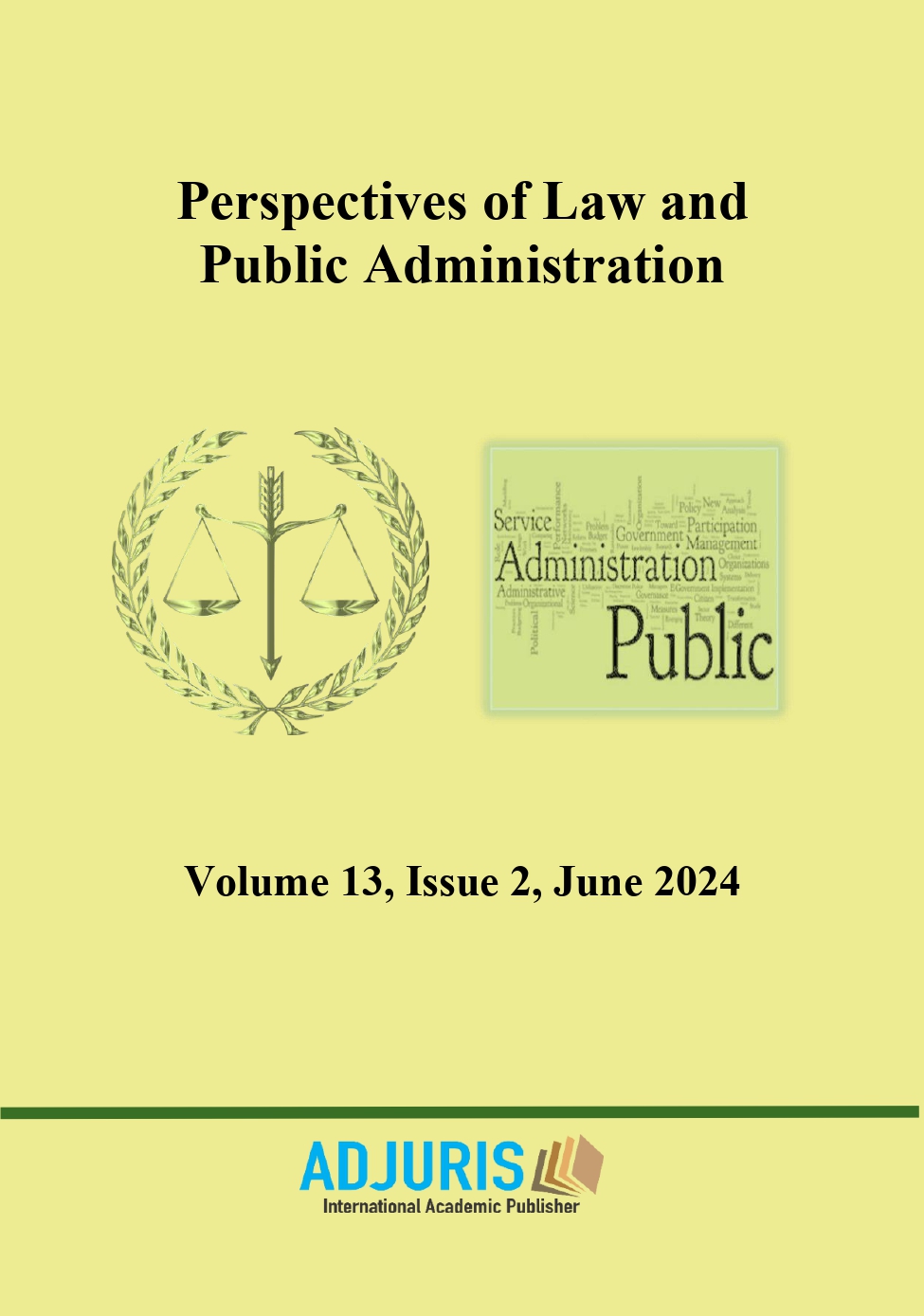
PARTICULAR ASPECTS RELATED TO THE FREE MOVEMENT OF BIOCIDAL PRODUCTS IN THE EU
From the contextual interpretation of art. 28-37 that make up Title II (Free movement of goods) of Part Three (Union internal policies and actions) of the TFEU, it follows that the pillars on which the free movement of goods rests are: the Customs Union and the prohibition of quantitative restrictions between member states. These two pillars are mentioned by art. 28 (ex art. 23 TCE), introductory part of the Title, which states: (1) The Union is made up of a customs union that regulates all exchanges of goods and that involves the prohibition, between member states, of customs duties on import and export and of any taxes with equivalent effect, as well as the adoption of a common customs tariff in relations with third countries. We note that art. 28 TFEU, in para. (1), speaks of the customs union, and in para. (2) refers to the prohibition of quantitative restrictions, namely by referring to the respective chapter.
More...
